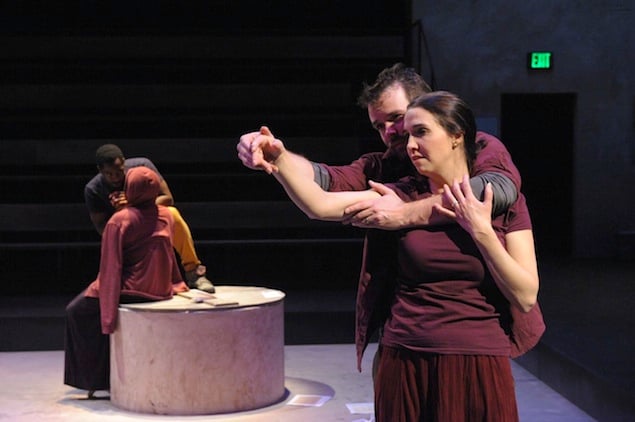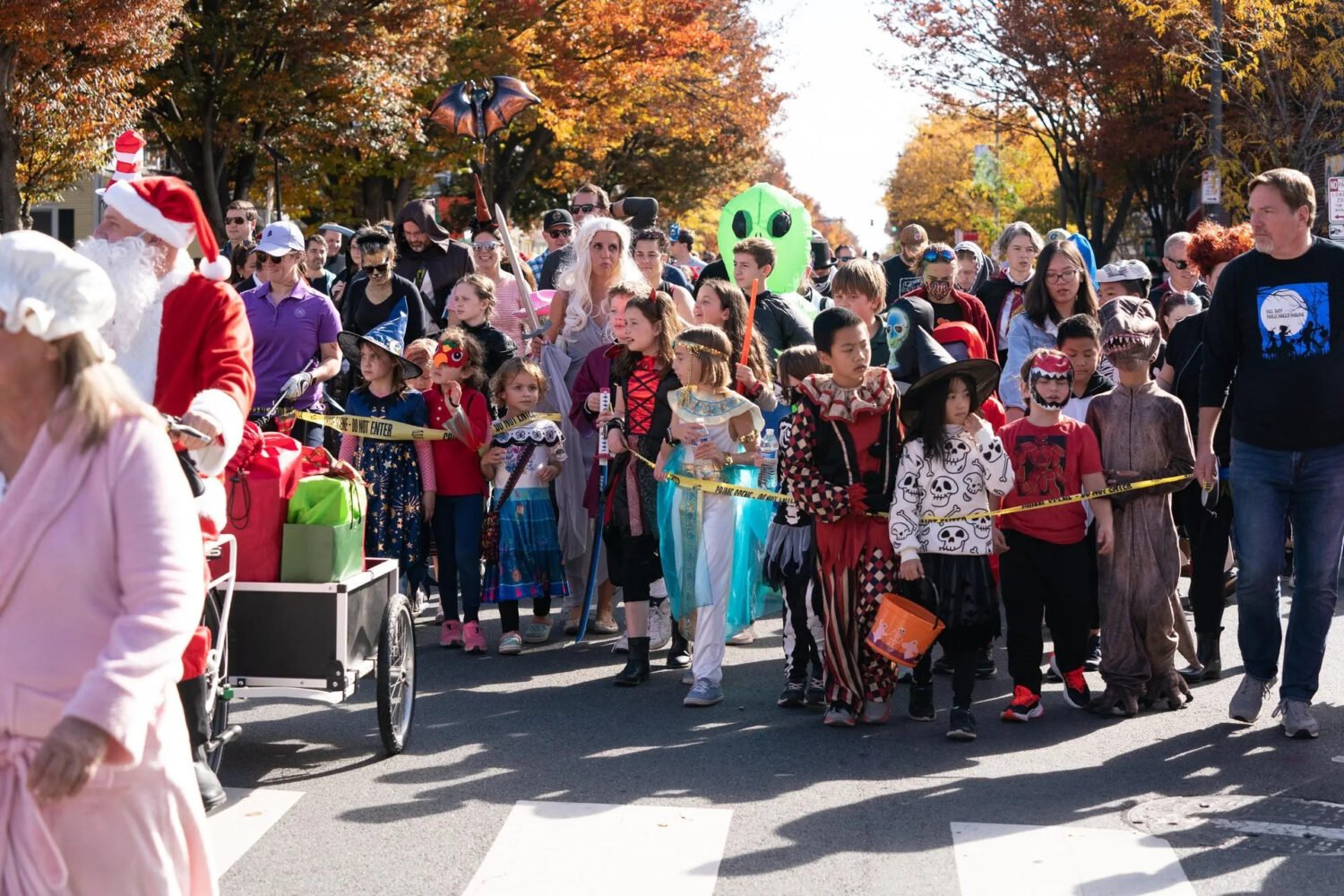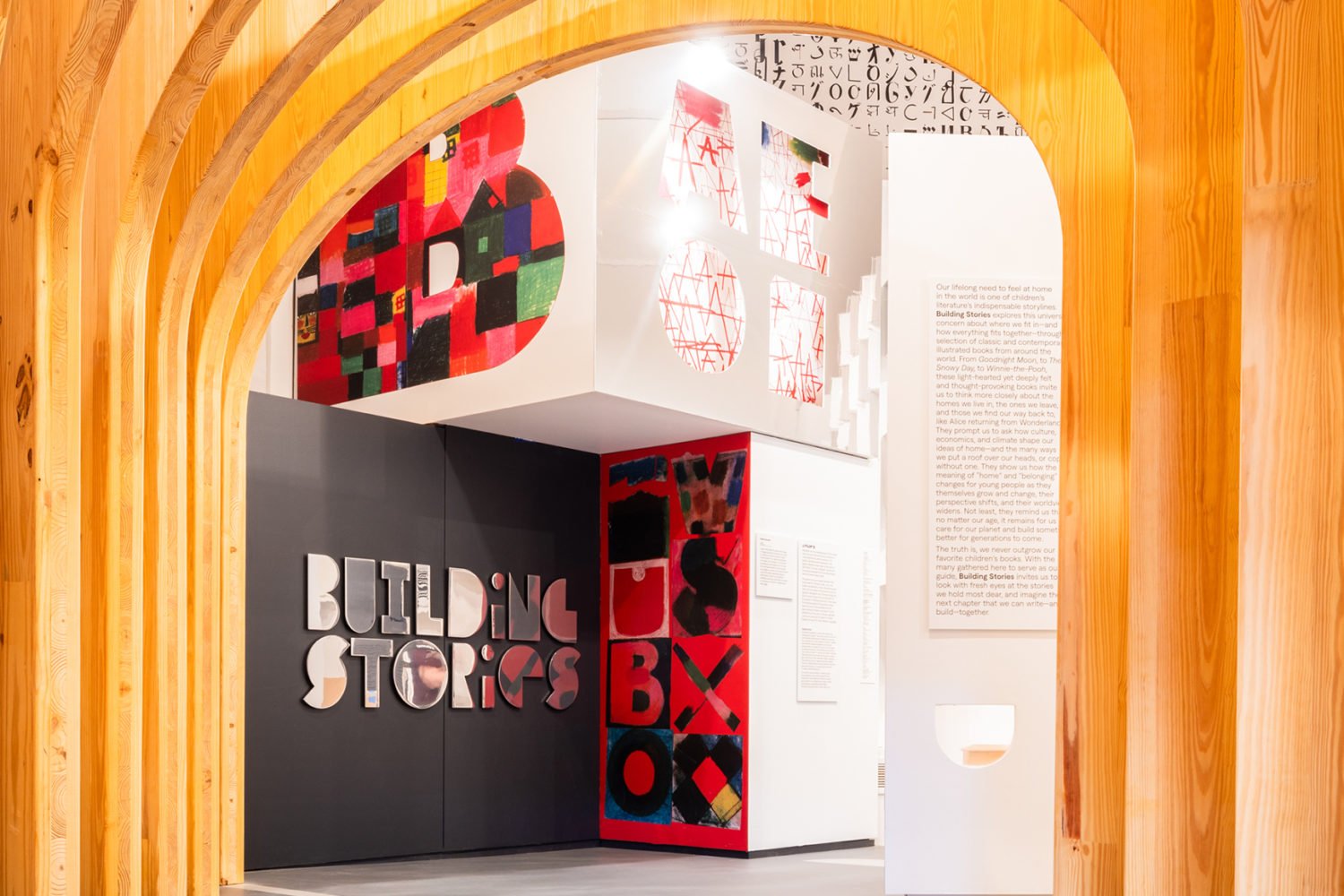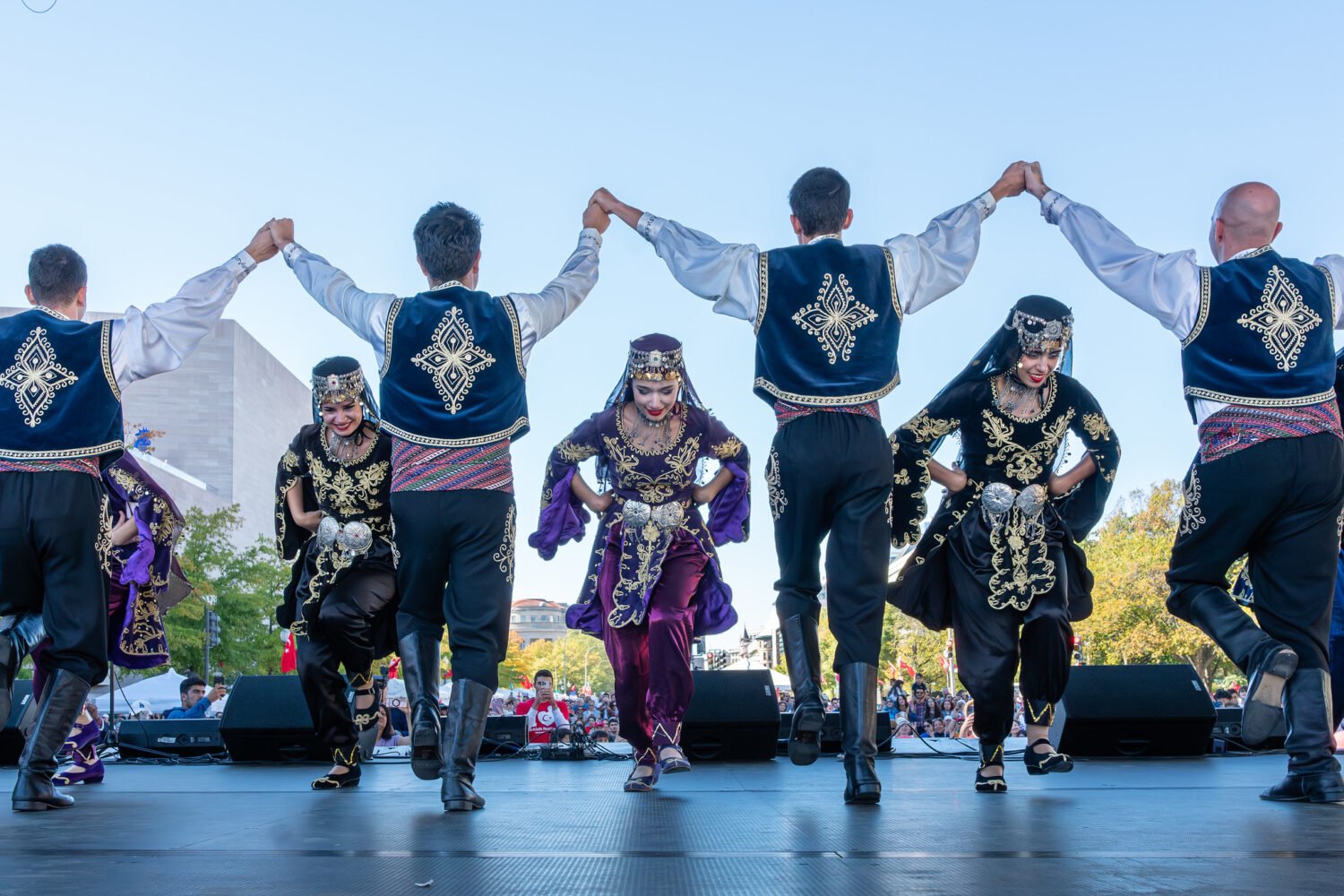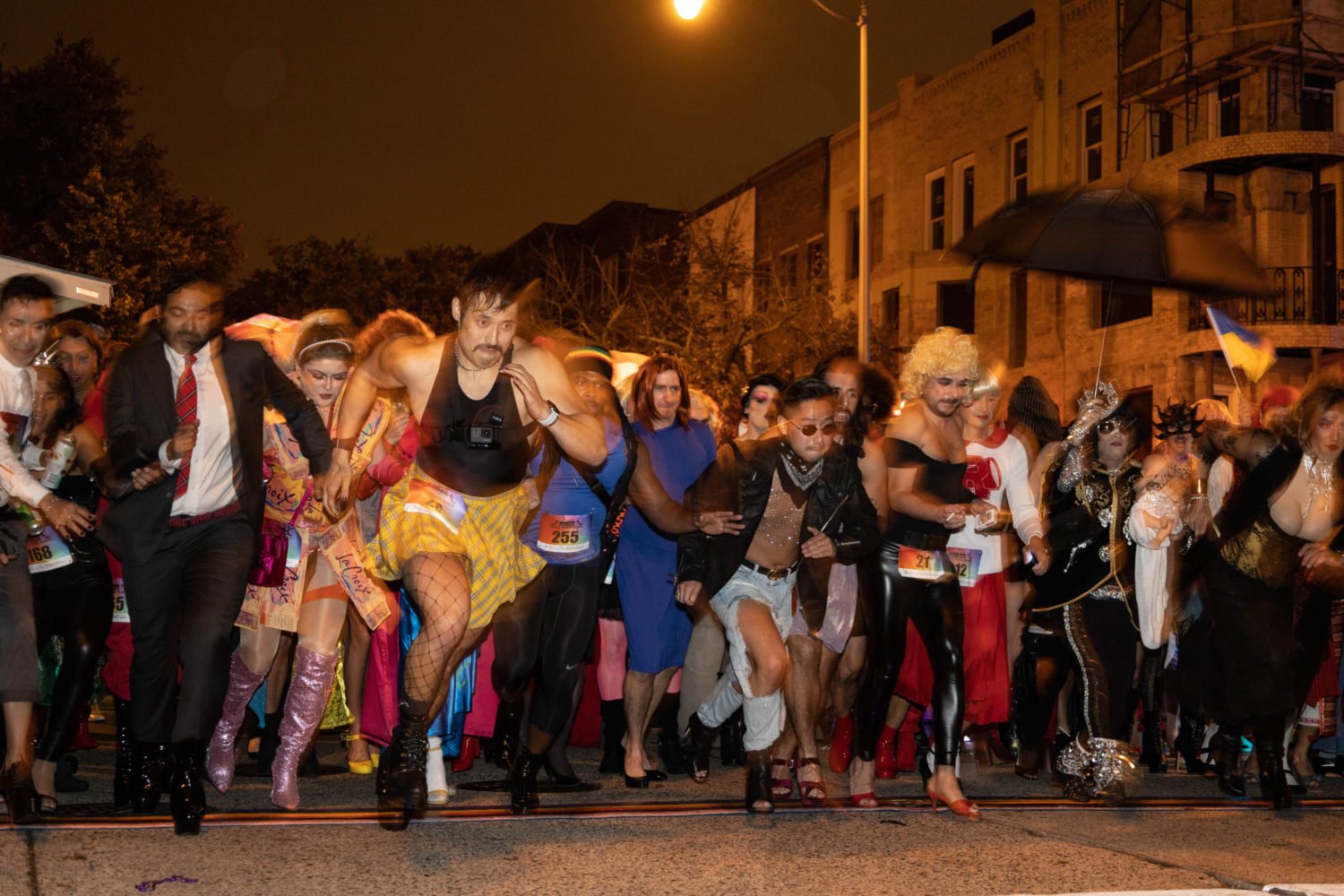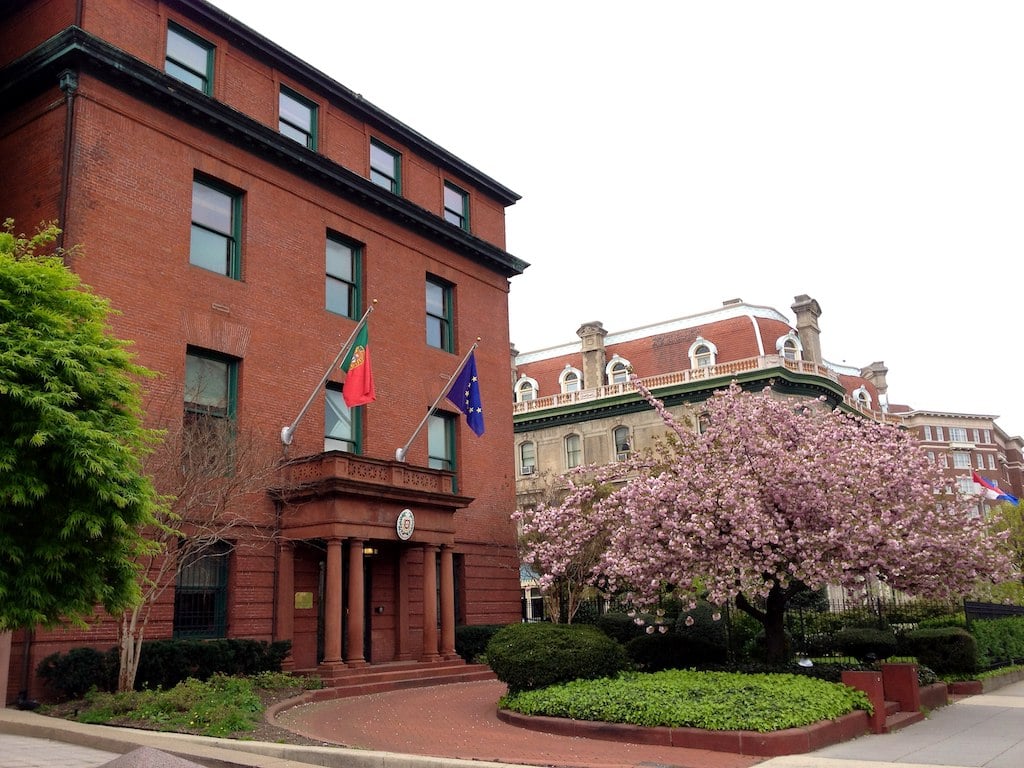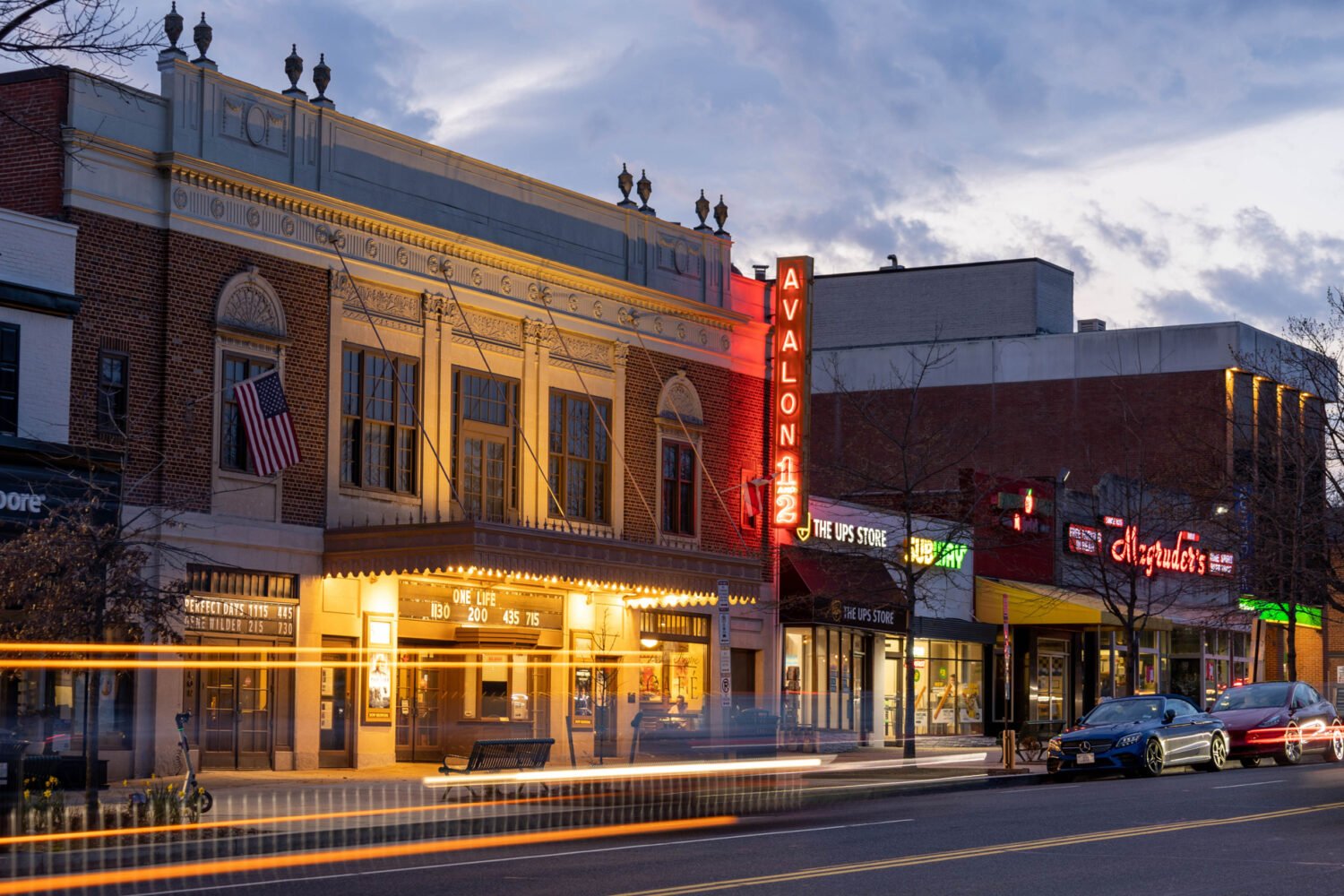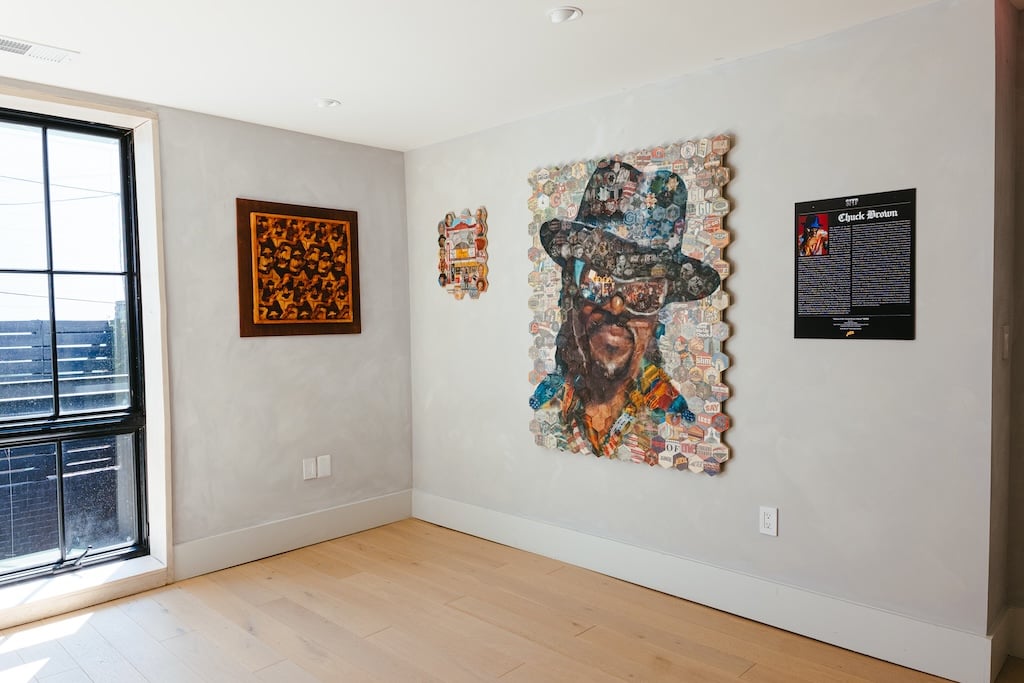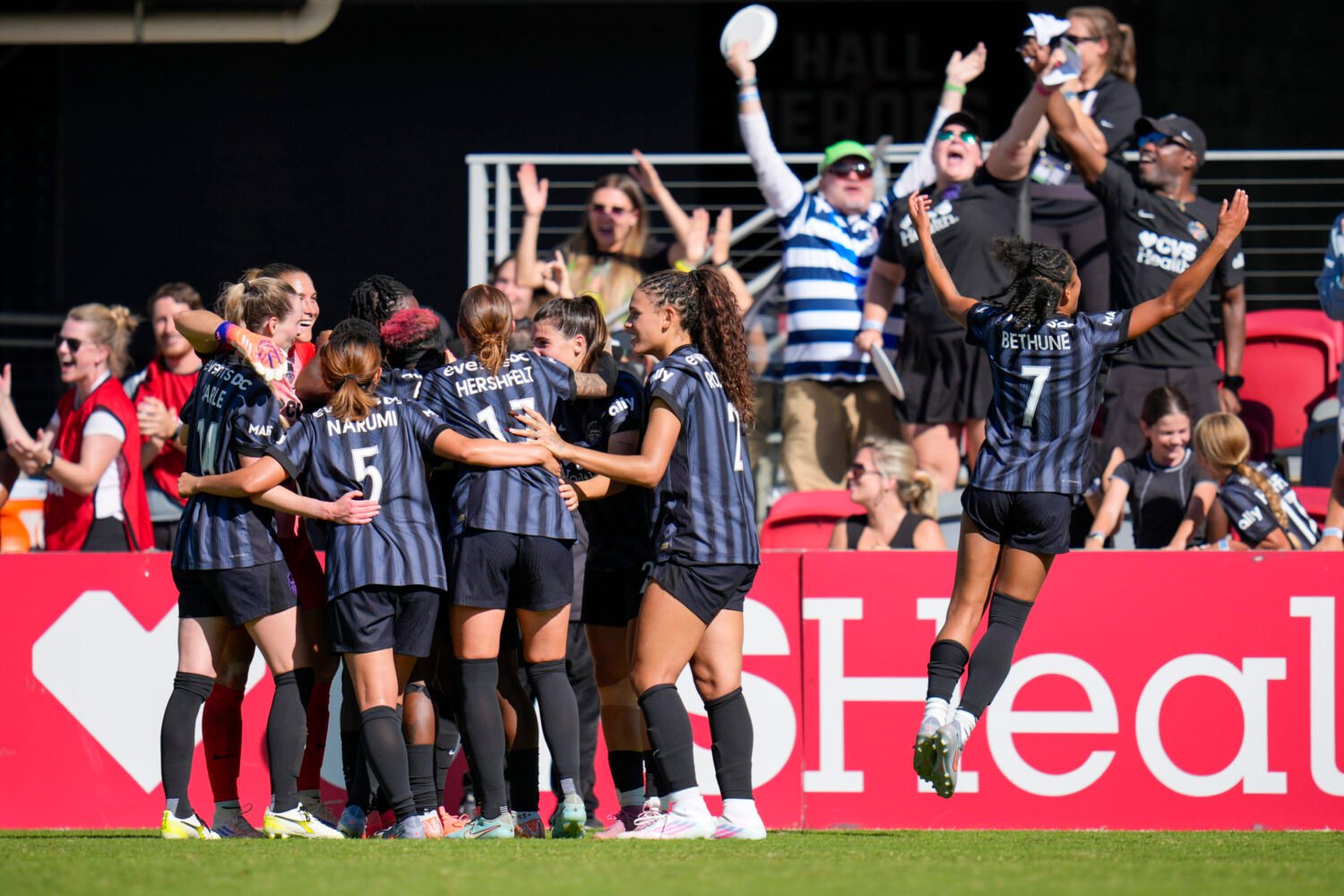So you want to make a play about playmaking. That’s fabulous: It’s a topic that’s been richly mined since the Hellenic era, from the Rude Mechanicals of A Midsummer Night’s Dream to the über-meta writers and stars of [title of show]. Go forth, dig deep, rhyme “Stanislavski” with “Swarovski” and “no one loves me,” and good luck to you.
The only thing to consider is that actually making theater is a hideously tedious process, as anyone with even limited experience writing or devising a show can tell you. The best thing that can be said about the impossibly pompously named We Are Proud to Present a Presentation About the Herero of Namibia, Formerly Known as South-West Africa, From the German Sudwestafrika, Between the Years 1884-1915 , currently playing at Woolly Mammoth through March 9, is that it replicates this tedium with cruel dedication. For 95 percent of this show, you will be as bored and frustrated and miserable as you ever were trying to craft your magnum opus about your magnum opus about space cats in the 22nd century.
Part of the problem is the pace. Somehow director Michael John Garces has managed to stretch a show that was a sprightly 90 minutes when it ran in New York to a nerve-shredding two hours and ten minutes, with no intermission to speak of. Audience members, should they need to leave for any reason, have to duck past the actors and walk out the stage door (Misha Kachman’s set puts the action in-the-round, replicating a community hall inside the Woolly theater and forcing the audience to enter from backstage). Along with the lights, which remain up throughout, this makes it even harder to get absorbed in the action and pay attention to the cast.
It’s a shame, because those actors are enormously talented and largely wasted playing irritating and creatively dense, well, actors. The conceit of the show is that six artists of different races and genders are attempting to put on a play about a forgotten period of Namibian history during which German colonialists committed shocking acts of genocide. This is an important and horrifying subject, and it only makes the flippancy with which playwright Jackie Sibblies Drury treats it as a device to explore quote unquote race more infuriating. Instead of insight, we get blame. Instead of a thoughtful examination of bias, subliminal prejudice, and history we get an extraordinarily dull series of scenes being improvised by people more interested in their artistic “journey” than in doing something meaningful.
None of the characters has a name—they’re instead distinguished by being referred to as “Black Woman” or “White Man,” though the ensemble cast includes two men of each race. The always excellent Dawn Ursula acts as ringleader, although the rest of the cast berates her for constantly trying to adopt a leadership position when really it’s supposed to be a collective effort. At first, Drury seems to be attempting a Christopher Guest-style indictment of amateur dramatics, throwing in some funny moments wherein the characters reveal their own awfulness (Holly Twyford, for instance, adopts a terrible African accent and puts on a turban at one point). But these moments are few and far between, as the playwright and director each spend far too much time portraying the reliable anarchy of a leaderless community. (Watching six people squabble for two hours could be the very definition of theater of cruelty.)
Things get better and worse in the show’s climactic end scene—better for finally achieving intensity and worse for being completely inexplicable. Supposedly transported not into their African and German characters but somehow into Southern white lynchers, the actors tape a piece of paper over the face of one of the players (Andreu Honeycutt), then march around him, chanting, for what feels like an hour but is probably three minutes, tops. Then they hang him until he falls screaming onto the floor. It’s bizarre, ugly, and reductive. Is this violent, cruel act of racism the audience’s fault? When Michael Anthony Williams stares hatefully at us for 30 seconds before walking offstage, it feels like it, and yet after sitting quietly for two-plus hours, sending the blame this way hardly seems fair.
There are necessary things to be explored when it comes to making art about horrific acts of inhumanity, and funny things to be said about the way we often tiptoe around one another when it comes to race. This show, sadly, doesn’t succeed in doing either. It’s endlessly self-indulgent, dangerously haphazard, and above all, enormously tough on the people paying money to see it, without any of the intelligence or acuity that warrants such an approach.
We Are Proud . . . is at Woolly Mammoth Theatre Company through March 9. Running time is about two hours and ten minutes, with no intermission. Tickets ($35 to $75) are available via Woolly’s website.

